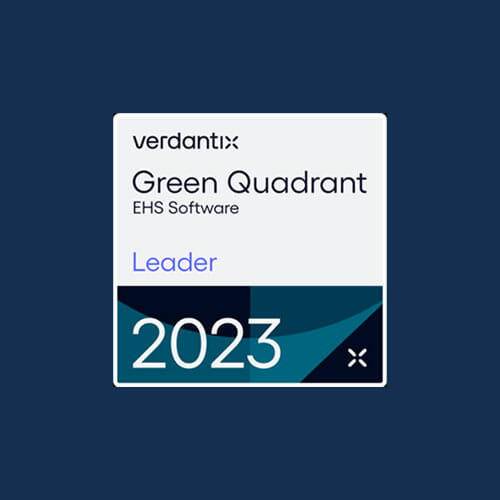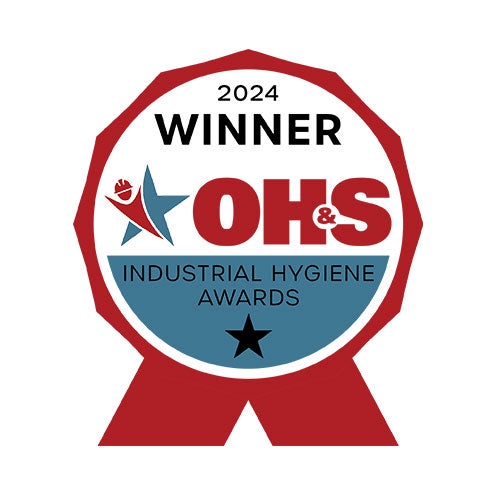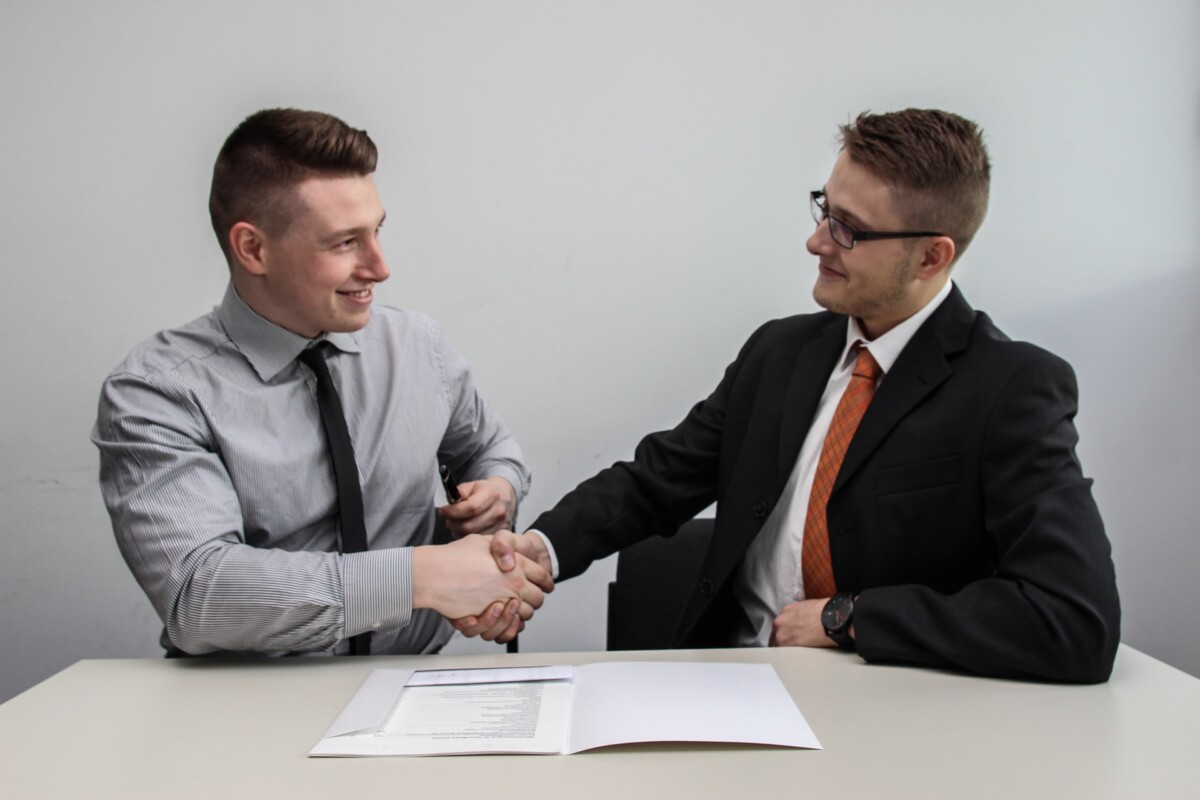You don’t know what you don’t know. That’s why mistakes typically happen in investigative interviews. It’s not because the investigator doesn’t care or isn’t bright enough. Conducting interviews seems simple enough on the surface… ask a few questions about the incident, and get all the answers you need, right?
If you’ve done a few investigative interviews, you know that’s not how it works. How do you get the information from the witness that you need to complete your investigation? The good news is that it’s not that difficult to learn how to conduct an effective interview.
The secret to conducting effective interviews for incident investigations is knowing how to build rapport. This is the step most often skipped as the investigator jumps right to the questions about the workplace incident. It matters because if the witness doesn’t trust you or feel comfortable with you, he or she will provide very limited information.
Incident Investigations: How to Build Rapport with your Witness
Let’s take a look at three opportunities to build rapport during your next investigative interview as part of your incident management process.
1. Greet the Witness
The first opportunity you have to begin building rapport is when you greet the witness. Within the first seven seconds of meeting, your witness will have an impression of who you are. Some research suggests a tenth of a second is all it takes to start determining traits like trustworthiness. That’s not a lot of time to form a first impression! So put first things first. Greet the witness by name. Invite them into the meeting room, and thank them for coming.
Everyone loves the sound of their own name. When an interviewer remembers a witness’s name, the witness feels respected and more important. It makes a positive first impression. Conversely, forgetting the witnesses name will make him or her feel slighted.
2. Create Small Talk
Sometimes people don’t see the value of small talk. However, in these small exchanges, we create value and purpose. Small talk is an invitation to the witness to engage in conversation with us, and helps them feel more open for the interview.
After greeting the witness, spend some time engaging in small talk, and don’t dive into discussing the incident in those first few minutes. Small talk helps calm and center the witness in the present moment. Conversing in a friendly manner before the investigative interview helps ease into the process ahead.
3. Show, Don’t Tell
The perfect time to show the witness how the interview is going to go without telling them in words is in the small talk step of your investigation. People believe what we do more than we say. Further, we all have an intrinsic need to not only be seen, but also be heard. So, in this step of the interview, practice active listening.
Active listening will show the witness that you are interested in hearing what they say about the incident, and will not interrupt them while they are talking. When you practice this before asking the witness to tell you the story about what they observed, the witness will expect this behavior from you, and will feel more comfortable telling their story. It is more intimating to the witness to suddenly stop talking and listen intently when the interview begins than to practice that behavior the entire interaction.
To actively listen, you need to be the person not talking in the conversation. Never interrupt a witness while the witness is talking no matter what pops into your mind. Practice makes perfect but it is the number one rule for active listening. Another technique is paraphrasing what the witness just said (when the witness has stopped talking, of course). Let the witness tell their story in its entirety.
Rapport-building is built right into the TapRooT® 12-Step Interviewing Process, and gives an investigator a firm advantage. Three entire steps of the process are devoted to different aspects of building rapport. This also includes pre-planning for an interview, cognitive interviewing, closing the interview and post interview tasks.
Take a few minutes to build rapport at the start of your next investigative interview. This small investment of time will make all the difference and the quality and quantity of information provided by your witness.
Learn More
Better investigations are the first step to preventing serious injuries and fatalities in the workplace. Read this article to learn how you can streamline your focus to identify precursors within events or activities.














